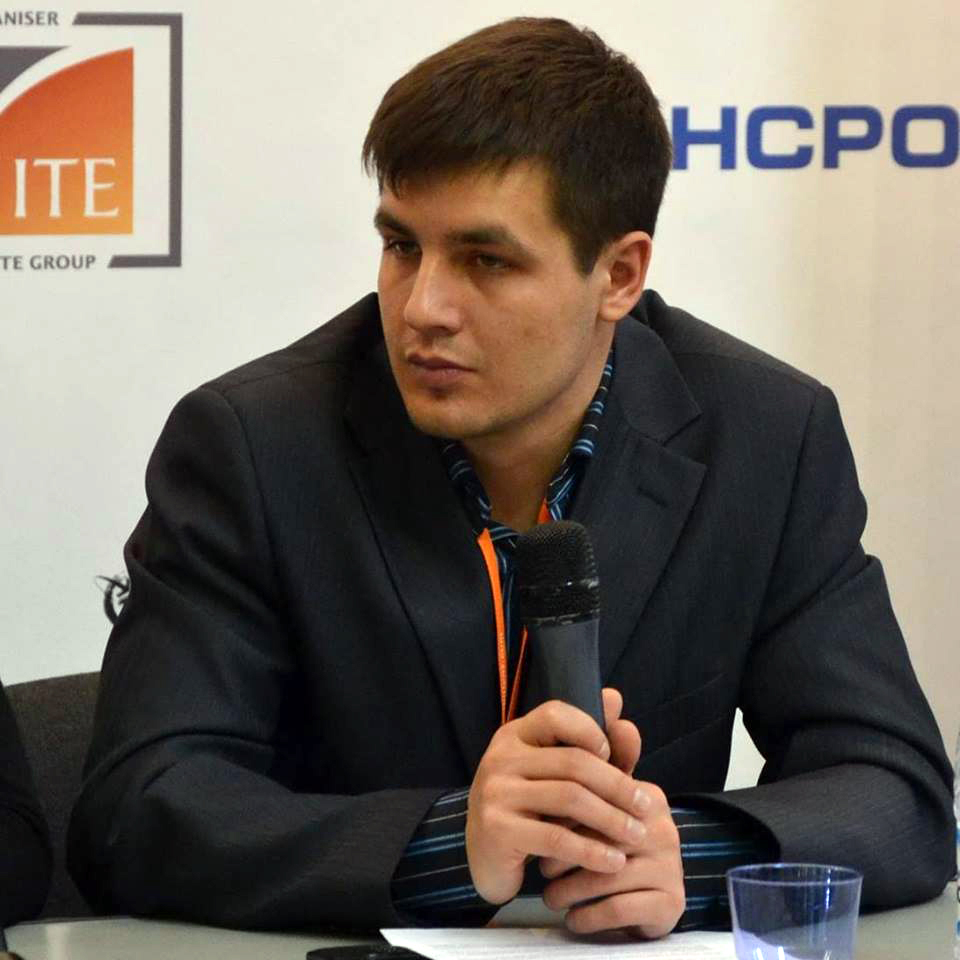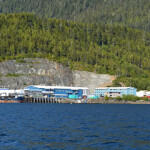Russia taking new measures to curtail rampant salmon-roe smuggling

Russian authorities, with the backing of a new law signed by Russian President Vladimir Putin, have launched a new initiative to curb salmon-roe smuggling in the country.
The new measures establish limits on the amount of salmon roe an air passenger can transport in luggage and carry-on bags, unless passengers have documents indicating the source of the product, such as a receipt from a shop. According to the law, a passenger can now carry up to 10 kilograms of salmon caviar without documents – anything above that requires documentation.
The law will be tested on an experimental basis starting 1 November in the Kamchatka region of Russia, where Kamchatka Governor Vladimir Solodov was the driving force behind the initiative. The testing period will last until 1 January, 2025. Every year on 20 April, the Kamchatka regional government will report the results of the previous year’s efforts to the federal government and Russia's parliament. If the new law proves successful at curtailing smuggling, the practice is expected to be expanded throughout Russia’s Far East, where air transportation the primary transportation connection to the more-populated western part of the country.
Kamchatka’s Elisovo Airport, located in Pet Petropavlosk-Kamchatskiy, is believed to be the primary channel through which counterfeit and smuggled salmon roe is shipped to areas where it is consumed – and the product is predominantly smuggled via person-to-person trade.
More than half of Russia’s salmon is caught in Kamchatka, and illegal sourcing of salmon roe is reported to be a vital source of income for many residents in villages where no other viable employment opportunities exist. The government has made efforts to tackle the problem in the past, with little net impect. In 2021, nearly 800 metric tons of product reportedly traveled via air baggage – though authorities admitted that the real amount could be even higher. Solodov has now made the issue one of his top priorities – especially as high prices of salmon roe incentivize smuggling.
Russia Vice Premier Minister Viktoria Abramchenko, who is in charge of the country’s agricultural sector and seafood industry, said that illegally sourced salmon roe can also be also a health issue. Without proper veterinary and sanitary oversight, counterfeit products could be a food safety hazard, Abramchenko said via social media.
Photo courtesy of ad-foto/Shutterstock






Share